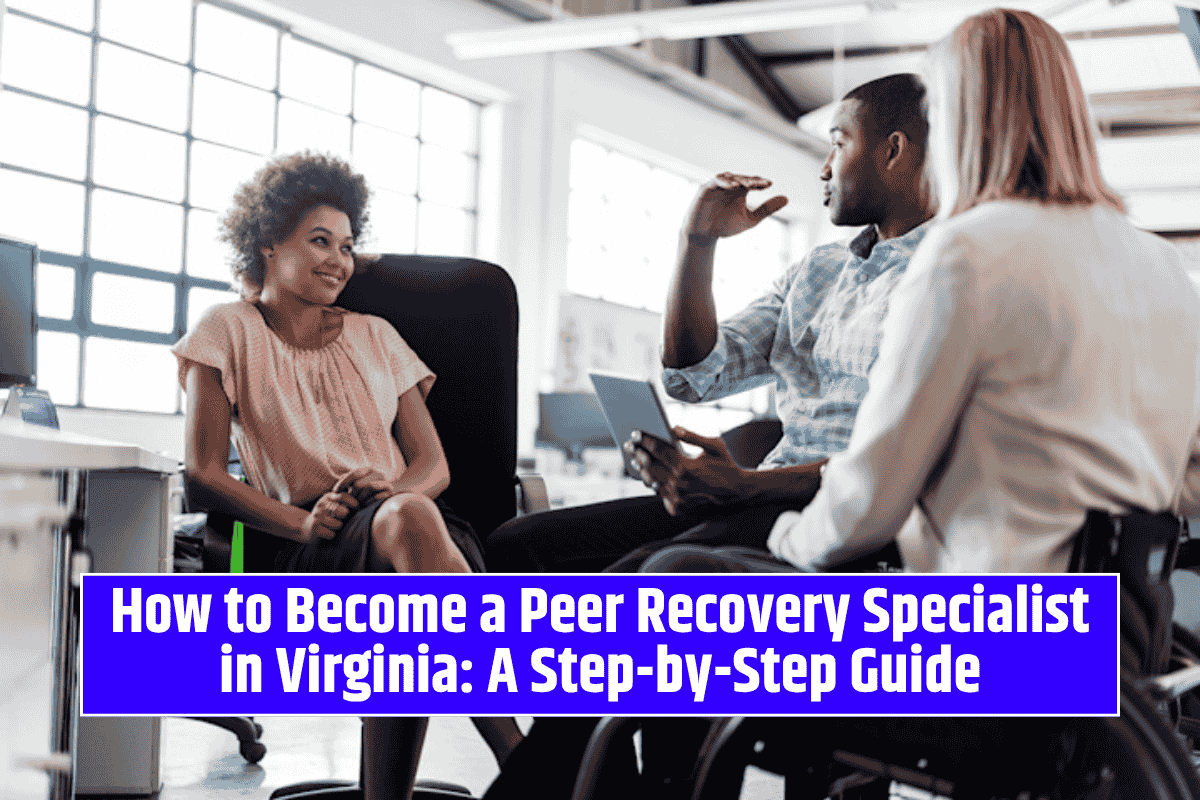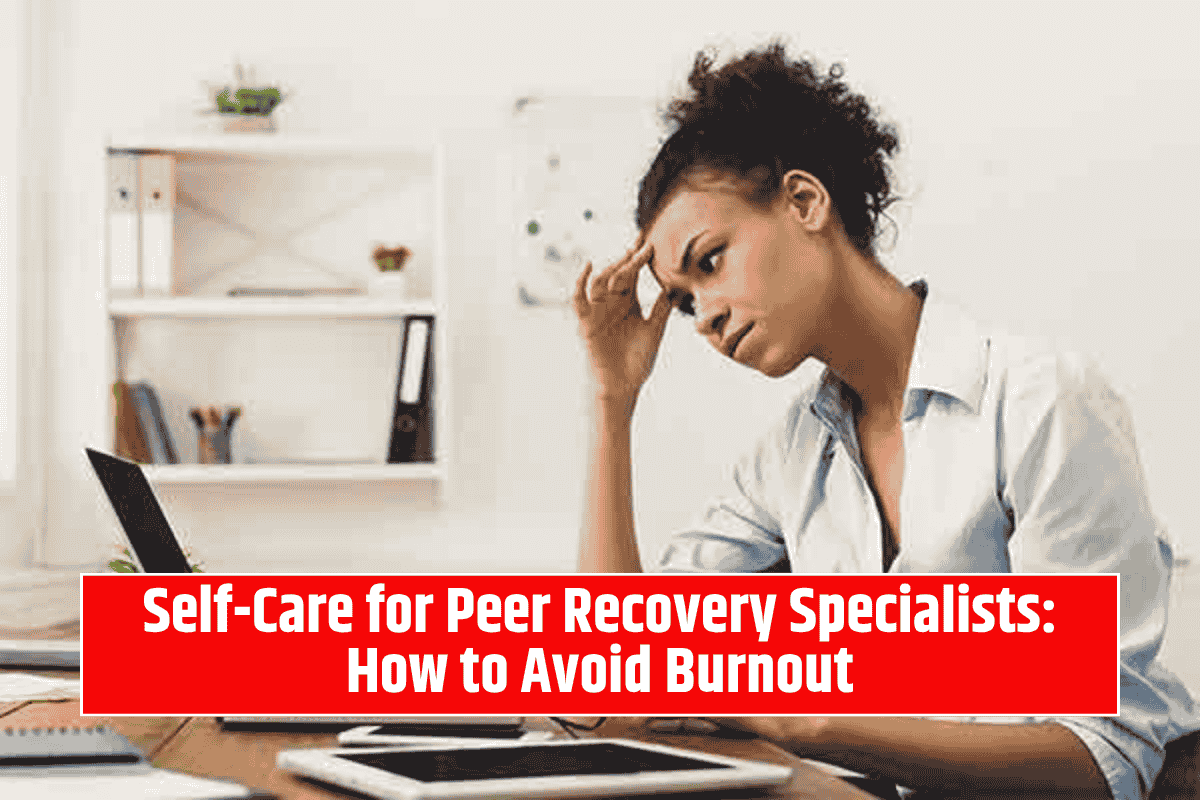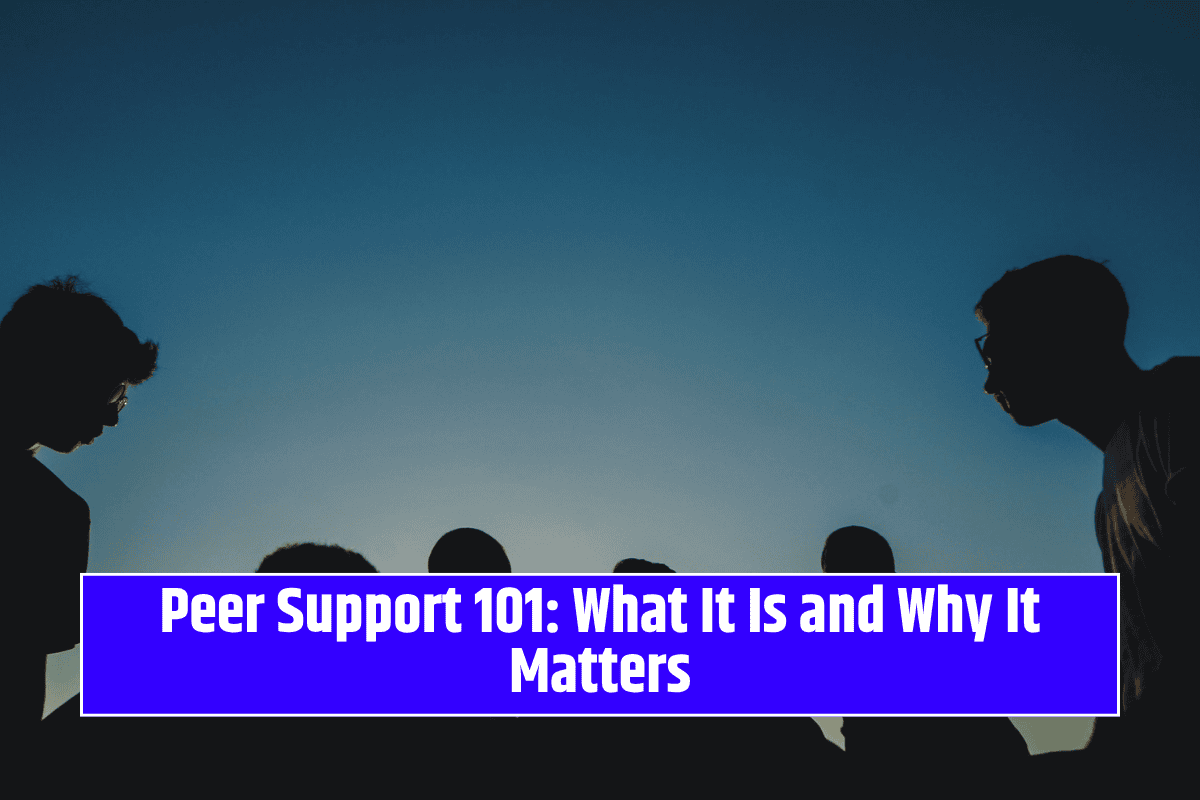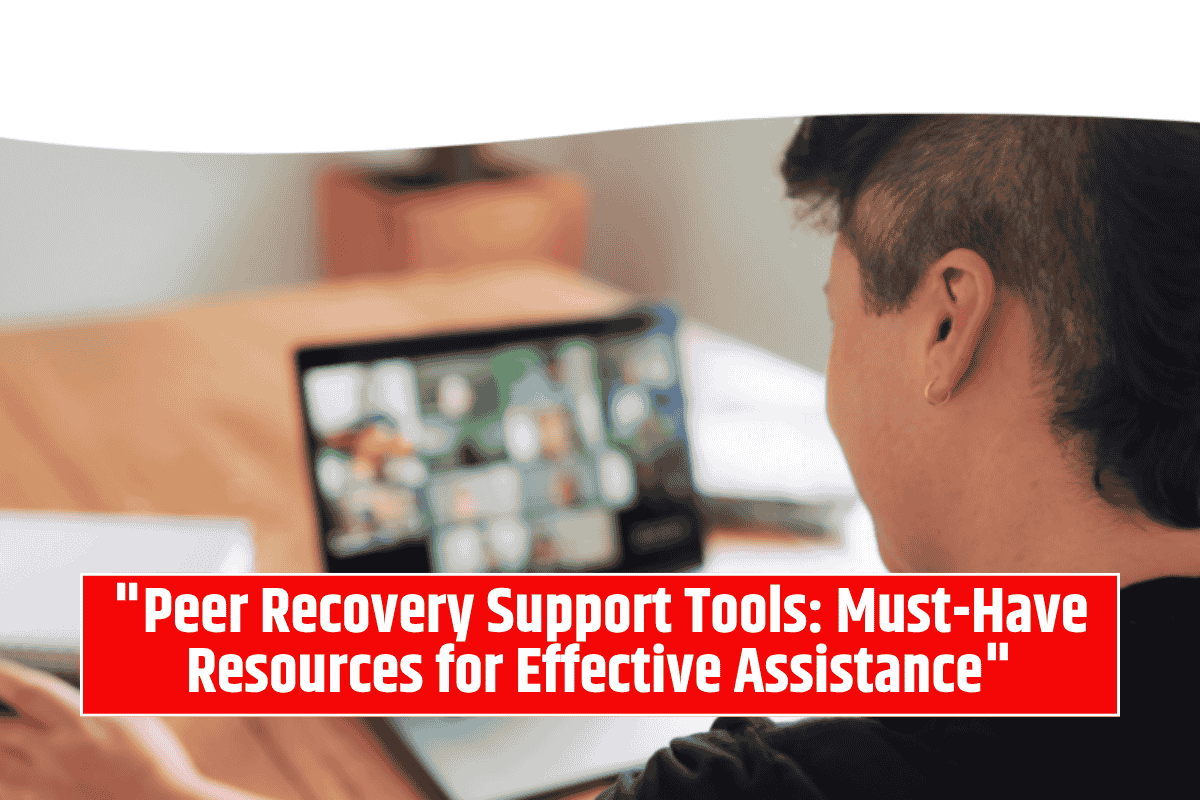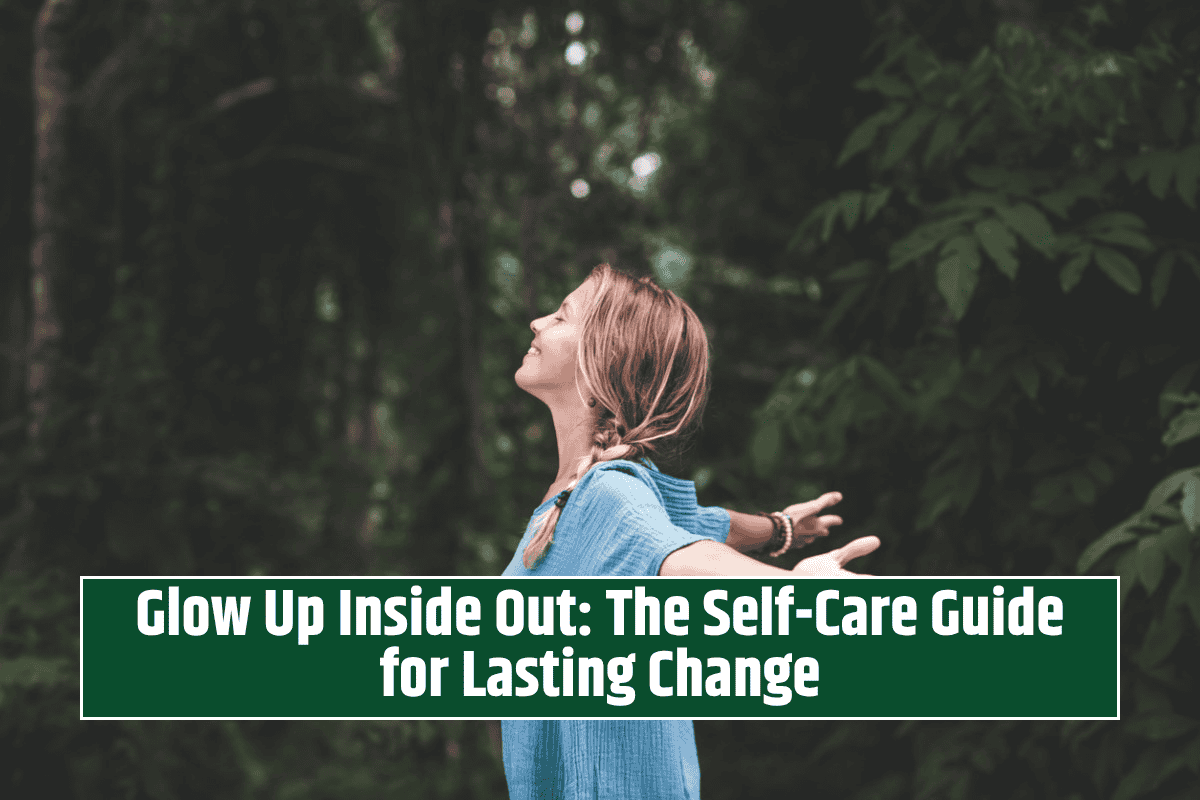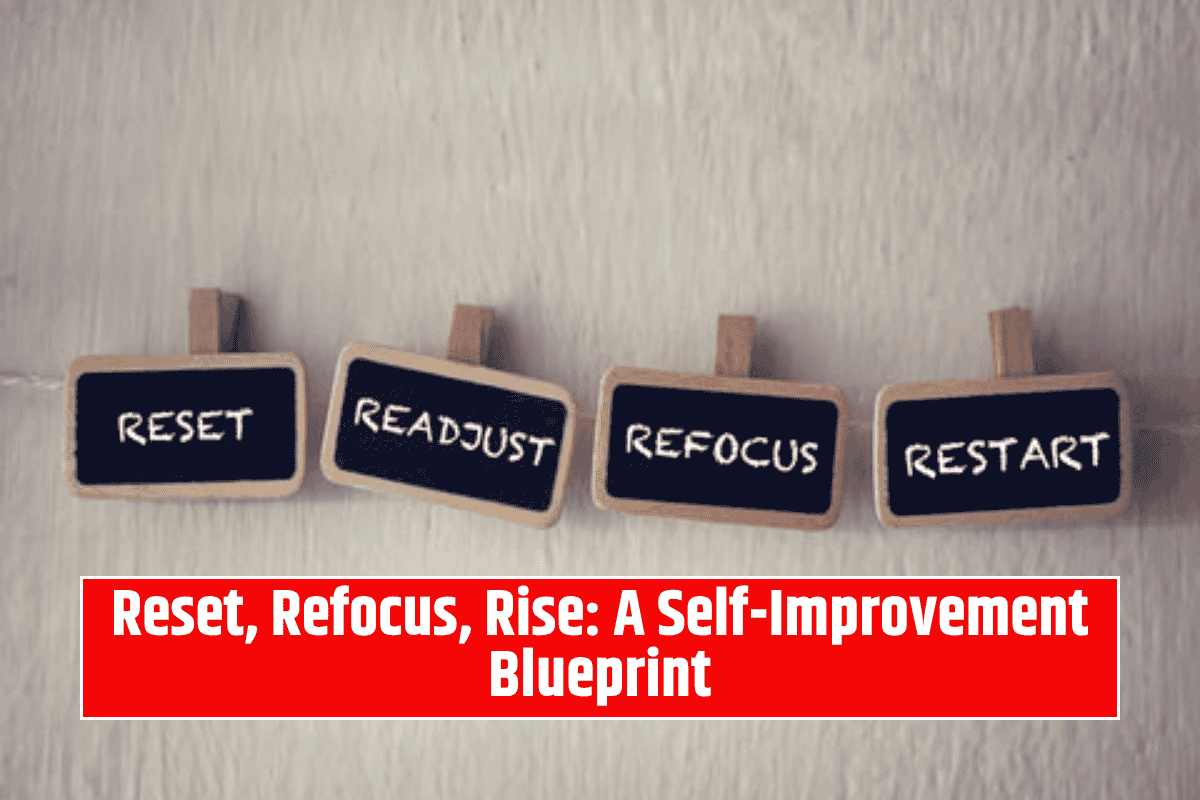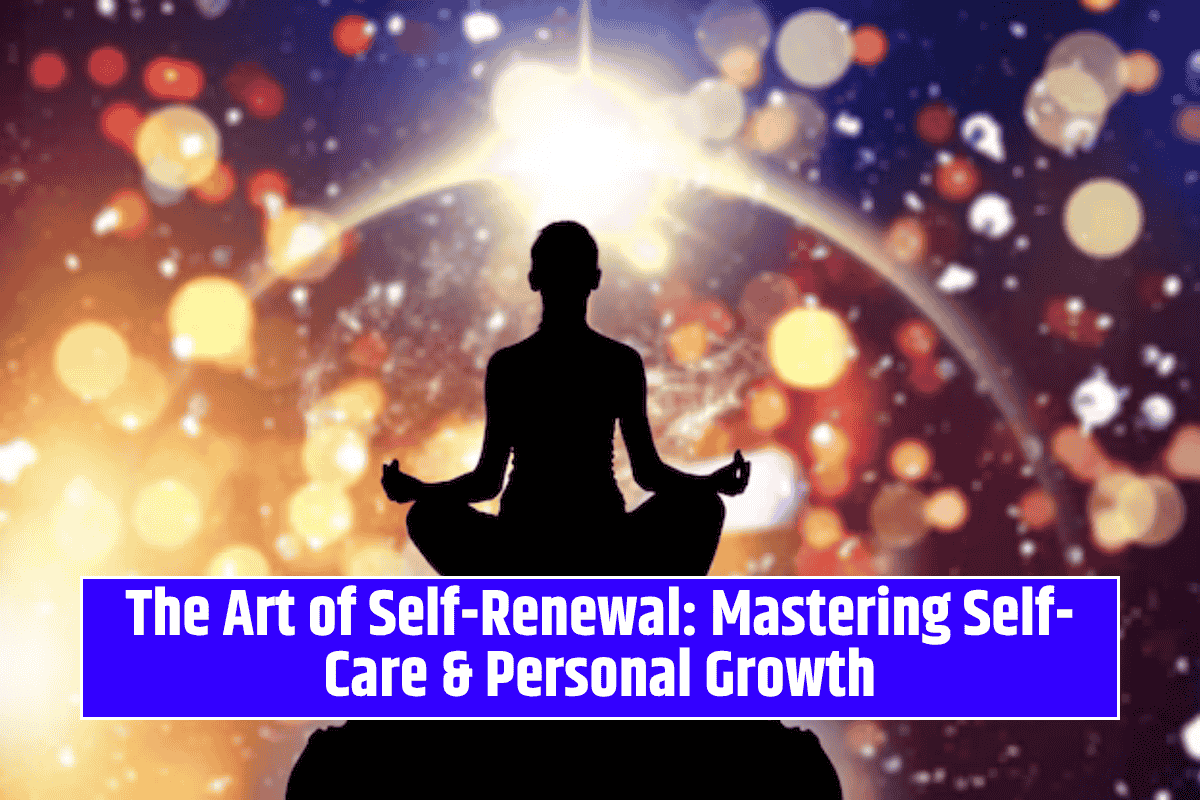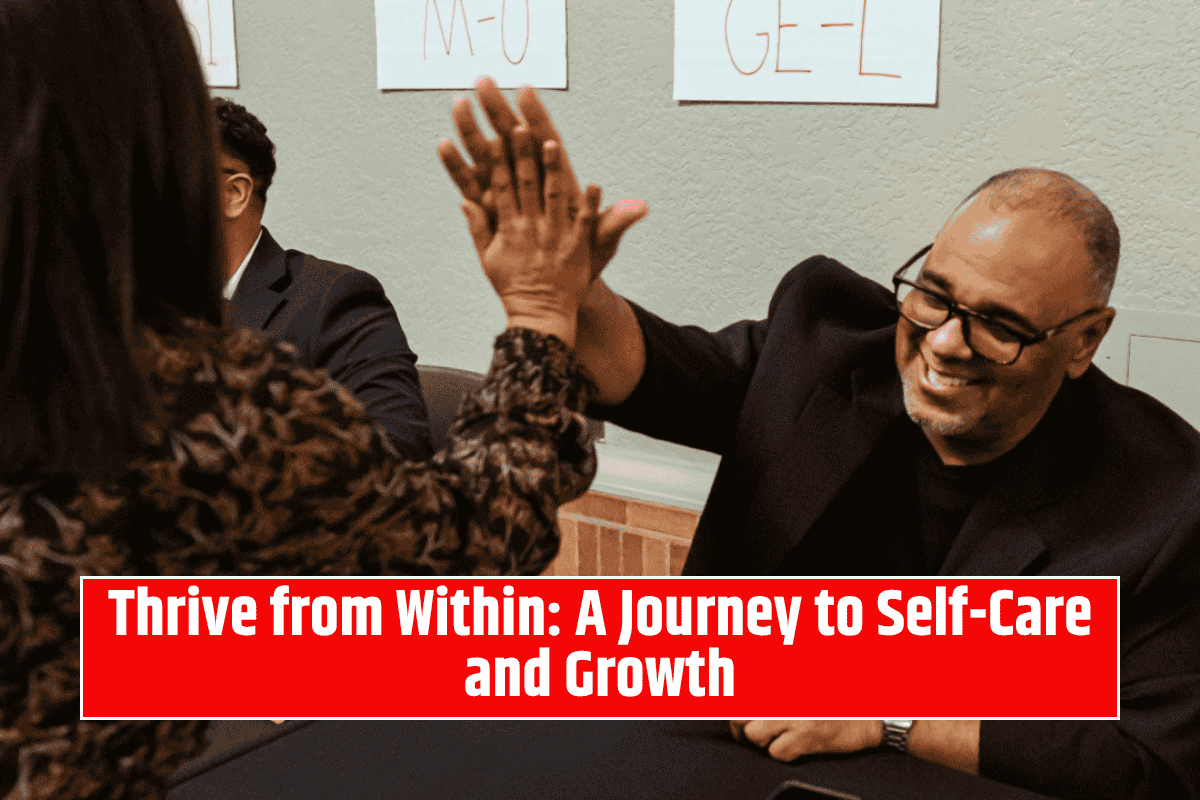Becoming a Certified Peer Recovery Specialist (CPRS) in Virginia is a rewarding process that empowers individuals to help others on their journey to recovery.
This step-by-step guide outlines the process to achieve CPRS certification, from understanding the role to maintaining certification.
Step 1: Understand the Role of a Peer Recovery Specialist
A Peer Recovery Specialist is someone who has lived through their own recovery journey from mental health or substance use challenges. They provide non-clinical support to others by offering mentorship, encouragement, and guidance based on shared experiences.
The role includes advocating for clients, motivating them, and assisting them in navigating their personal recovery process with empathy.
Step 2: Meet the Eligibility Criteria
Before you begin the certification process, make sure you meet the following eligibility requirements:
- Age: At least 18 years old.
- Education: A high school diploma or GED.
- Recovery Experience: A minimum of two years of sustained recovery from substance use or mental health challenges.
- Communication Skills: The ability to communicate effectively, especially sharing your personal recovery experience with others.
Step 3: Complete the 72-Hour DBHDS Training
The Virginia Department of Behavioral Health and Developmental Services (DBHDS) offers a specialized 72-hour training program for Peer Recovery Specialists. This includes:
- 60 hours of direct contact time
- 12 hours of outside homework
The training covers important topics such as:
- Recovery principles and ethics
- Effective communication and coaching skills
- Crisis intervention strategies
- Cultural competence
Upon completion, you will receive a certificate, which is a requirement for moving forward with your certification.
Step 4: Accumulate Required Experience
To qualify for CPRS certification, you need to document 500 hours of paid or volunteer work in peer recovery services. Your experience should align with the International Certification & Reciprocity Consortium (IC&RC) domains, ensuring you are gaining the relevant skills needed for the job.
Step 5: Obtain Supervision Hours
In addition to your 500 hours of experience, you must also complete 25 hours of on-the-job supervision. These hours should be overseen by a qualified professional who will provide feedback and guidance regarding your work in the peer recovery field.
Step 6: Submit Your Application
Once you have completed the required training, experience, and supervision hours, you can apply for certification through the Virginia Certification Board (VCB). The application process involves:
- Submitting an application form along with the necessary documentation
- Paying an application fee (currently $175)
- Providing verification of your training, experience, and supervision hours
Additionally, there are scholarships available to help cover most of the application fee, making the certification process more affordable.
Step 7: Pass the Certification Exam
After your application is approved, you will need to pass the IC&RC Peer Recovery Specialist Examination. This exam tests your knowledge of the core competencies required for the role. You can find study guides and preparation materials to help you succeed.
Step 8: Maintain Certification
Once you are certified as a Peer Recovery Specialist, you need to renew your certification every two years. Renewal requirements include:
- Completing at least 20 hours of continuing education in peer recovery topics
- Submitting a renewal application along with the required fee
Staying current with your certification ensures that you continue to provide high-quality support to those in recovery.
Additional Pathways: Registered Peer Recovery Specialist (RPRS)
If you’re interested in roles that involve Medicaid billing, becoming a Registered Peer Recovery Specialist (RPRS) may be beneficial. To qualify for RPRS status, you must:
- Hold a current CPRS certification
- Complete the DBHDS Peer Recovery Specialist Training
- Apply for registration through the Virginia Board of Counseling
RPRS status is recognized for Medicaid reimbursement purposes, which opens up more employment opportunities in the field.
By following these steps, you can pursue a fulfilling career as a Peer Recovery Specialist in Virginia, offering invaluable support to individuals on their recovery journey.
With the right training, experience, and dedication, you’ll be able to make a lasting impact on the lives of those in need of guidance and support.
FAQs
What is a Peer Recovery Specialist?
A Peer Recovery Specialist is someone who uses their own lived experience with mental health or substance use recovery to help others on their journey to recovery. They provide non-clinical support, mentorship, and guidance based on shared experiences.
What are the requirements to become a Peer Recovery Specialist in Virginia?
To become a CPRS in Virginia, you must be at least 18 years old, have a high school diploma or GED, have at least two years of recovery experience, and demonstrate effective communication skills.
How long does it take to become a Peer Recovery Specialist in Virginia?
The process can vary but generally takes several months, including the 72-hour DBHDS training, the required 500 hours of experience, and the completion of 25 hours of supervision.
How much does it cost to become a Peer Recovery Specialist in Virginia?
The application fee is $175, but there are scholarships available to cover most of this cost. Additional costs may include study materials for the certification exam.
How can I maintain my certification as a Peer Recovery Specialist?
To maintain certification, you must complete at least 20 hours of continuing education in peer recovery topics every two years and submit a renewal application with the required fee.
